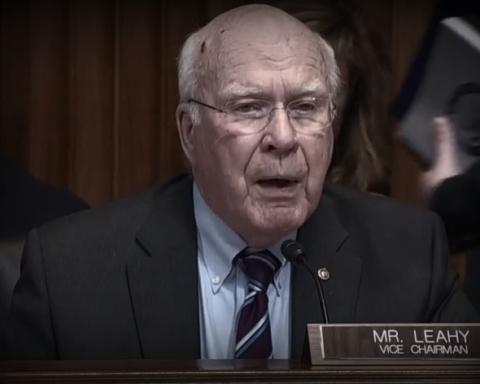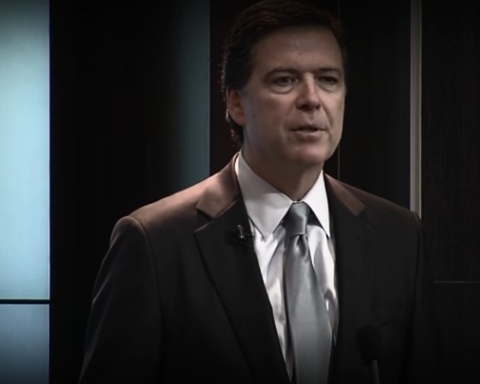It isn’t common for Americans to think about hitting the reset button because they believe that their high speed internet service is too fast, but six US Senators want the Federal Communications Commission to do just that.
Half a dozen Republican lawmakers last week blasted the telecoms regulator for upwardly revising its definition of broadband in January 2015—to 25 Mbps of download speed and 3 Mbps of upload speed, from 10 Mbps download and 1 Mbps upload.
“By suggesting that offering speeds at or above 25.3 Mpbs will subject a provider to additional regulation, we fear that you are putting in place disincentives for providers to offer these higher speeds,” the legislators–Sens. Steve Daines (R-Montana), Roger Wicker (R-Miss.), Roy Blunt (R-Mo.), Deb Fischer (R-Nebraska), Ron Johnson (R-Wis.) and Cory Gardner (R-Colo.)–said in a Jan. 21 letter.
The commission prominently cited the benchmark earlier this month in a report, which found that two in five rural Americans lack access to broadband—ten times more than the rate of urban Americans without the high speed service.
“Such a finding empowers the commission–the degree to which is a point of hot debate–to move some regulatory levers,” Broadcasting & Cable noted, “to establish broadband services in rural areas in a “reasonable and timely fashion.”
The annual report was the basis of the six senators’ complaints about the definition, which, they said was “arbitrary” and itself a possible hindrance to broadband access.
The senators additionally said that they “are aware of few applications that require download speeds of 25 Mbps.” Netflix and Amazon recommend 5 Mbps and 3.5 Mbps for streaming video, they pointed out.
The benchmark, however, is for households—which often contain multiple individuals simultaneously downloading high volumes of data.
They also failed to mention, in their concerns about market access, how the distinction also tightens restraints on telecoms’ monopoly power. A more stringent definition of broadband means that regulators count fewer providers of the service—an outcome that has seen Washington judge potential acquisitions with more skepticism.
Last year, a proposed merger between Comcast and Time Warner merger, for example, was called off by the companies three months after the FCC revised its broadband definition. The Justice Department had reportedly told the companies it had “significant concerns that the merger would make Comcast an unavoidable gatekeeper for Internet-based services that rely on a broadband connection to reach consumers.”
“With the post-merger Comcast controlling about half of the broadband market, it would have been in position to impose its will on new video-streaming services and possibly insert anti-competitive measures in the fledgling market,” USA Today said. Before the FCC’s definition of broadband changed, Comcast could claim the merger would lead to it only controlling about 35 percent of the market.
The regulatory threshold could come up in yet another proposed Time Warner merger. The FCC is currently reviewing Charter Communications’ proposed takeover of the company and a smaller rival, Bright House Network. Under the 25 Mbps definition, Comcast and the reorganized Time Warner-Charter conglomerate would control about 70 percent of the broadband market, according to ArsTechnica.





